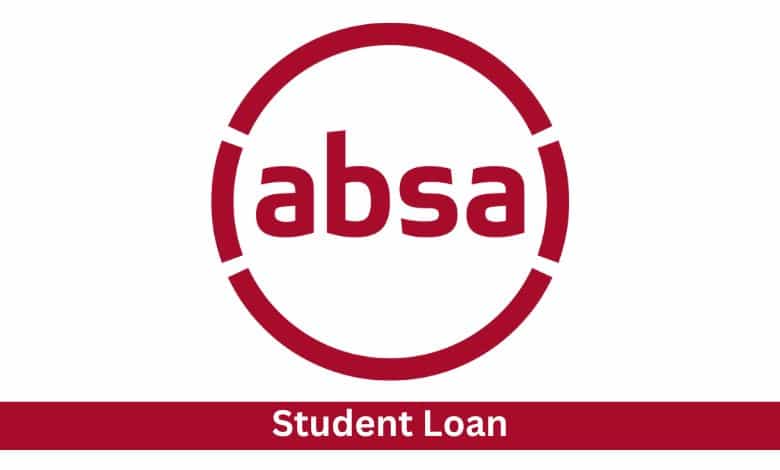ABSA Student Loan, A Viable Finance Option for South African Academics?

Financing education is an important aspect for any student looking to pursue their academic goals. However, education costs can be a major hurdle for many South African students and their families.
The ABSA student loan is a finance option that can make education costs more manageable. Here we will examine how the ABSA student loan can positively and negatively impact the financing of education in South Africa.
1. Overview of ABSA Student Loan
The ABSA student loan is designed to help South African students who need financial assistance to fund their education.
The loan covers all study-related expenses such as tuition fees, textbooks, study equipment, student accommodation, and devices like laptops.
With an ABSA student loan, students can pay only the interest for the first year, and then pay capital and interest repayments subsequently.
2. Who Can Apply For An ABSA Student Loan?

To qualify for an ABSA student loan, students must be South African citizens or permanently living in the country. They must also earn at least R3000 per month.
Alternatively, the loan can be in the name of a parent or guardian, but they will need to provide proof of income. Part-time students must also submit proof of income.
3. How To Apply For An ABSA Student Loan
Students can apply for an ABSA student loan by visiting one of the nearest ABSA branches, the ABSA Student bureau, or by calling 0860 100 372.
To apply for the loan, students need to have certain important documents such as proof of residence, a valid South African ID document, three months bank statement, payslips as proof of income, proof of registration, or an acceptance letter from a tertiary institute and an invoice from the institute with the course cost.
4. ABSA Student Loan Breakdown – What’s Covered?
The ABSA student loan pays for all student-related things such as:
- Tuition fees
- Student accommodation
- Study material and stationary
- Study devices such as laptops, textbooks, and other required study equipment.
This can make it easier for students to focus on their studies without worrying about how to pay for these expenses.
5. Repayment Options
ABSA offers two repayment options to students. The first option is to repay interest only over the first year, and the second option is to make capital and interest repayments.
Additionally, ABSA encourages students to take out a credit protection plan to cover loans in the event of disability, death, illness, or loss of income.
6. Qualifying Tertiary Institutes
ABSA accepts students from various tertiary institutions such as universities, universities of technology, agricultural colleges, training colleges, technical vocational education, aviation training approved by SACAA, online courses accredited by the Department of Education and private institutes which are registered by SETA and accredited by SAQA.
7. Positives of ABSA Student Loan
The ABSA student loan is an excellent finance option for South African academics because it provides access to funds for tuition fees and other study-related expenses.
This loan makes it possible for students to finance their studies without worrying about how to pay for these expenses upfront.
The loan is also easy to access, and all students can apply. Additionally, students have the option to pay only the interest for the first year, making it easier to manage their finances.

8. Negatives of ABSA Student Loan
One potential negative of the ABSA student loan is that students will have to repay the loan with interest. Additionally, students who are unable to repay the loan may face legal action and will have a bad credit record. Therefore, it is important for students to ensure they can repay the loan before taking it out.
9. Conclusion
The ABSA student loan is a viable finance option for South African academics, offering several benefits such as easy access, excellent interest rates, and covering all things related to studying. However, it’s important to consider the potential negatives, including the need for proof of income, repayment, and limitations on qualifying tertiary institutes.
Ultimately, students should carefully consider their financial situation and options before deciding to take out a student loan


